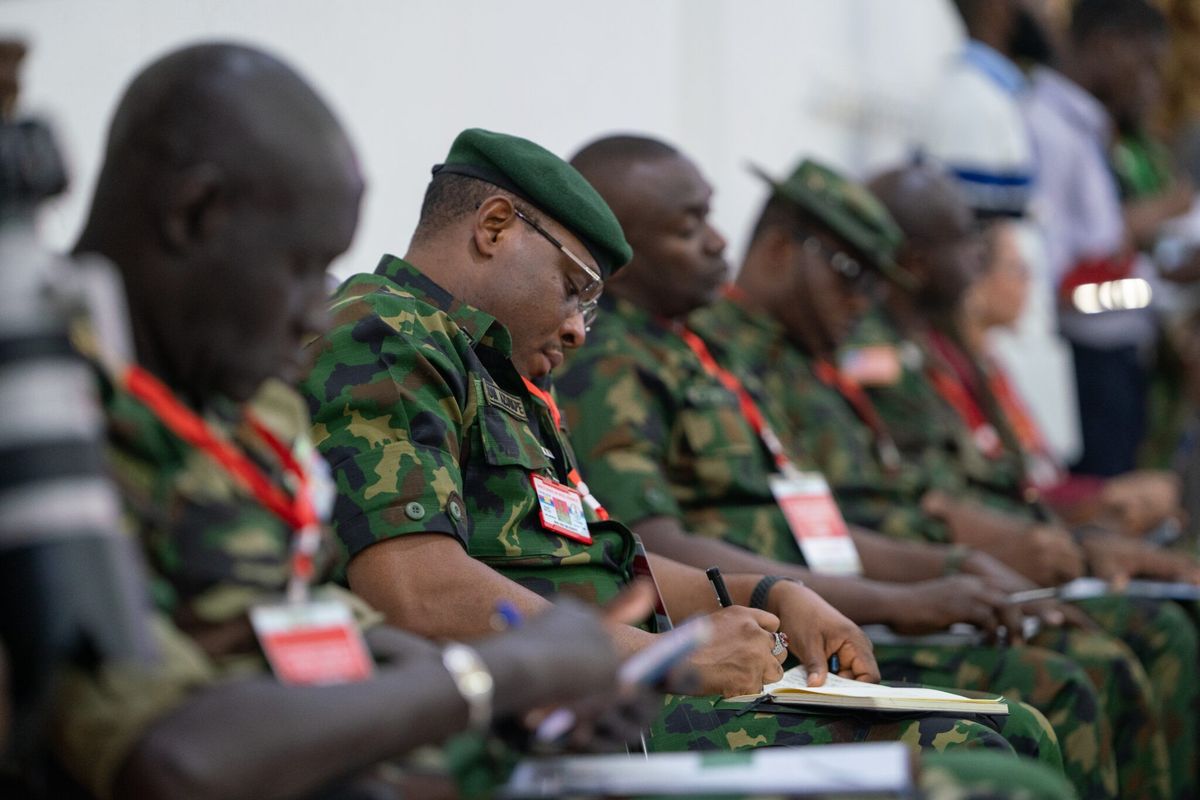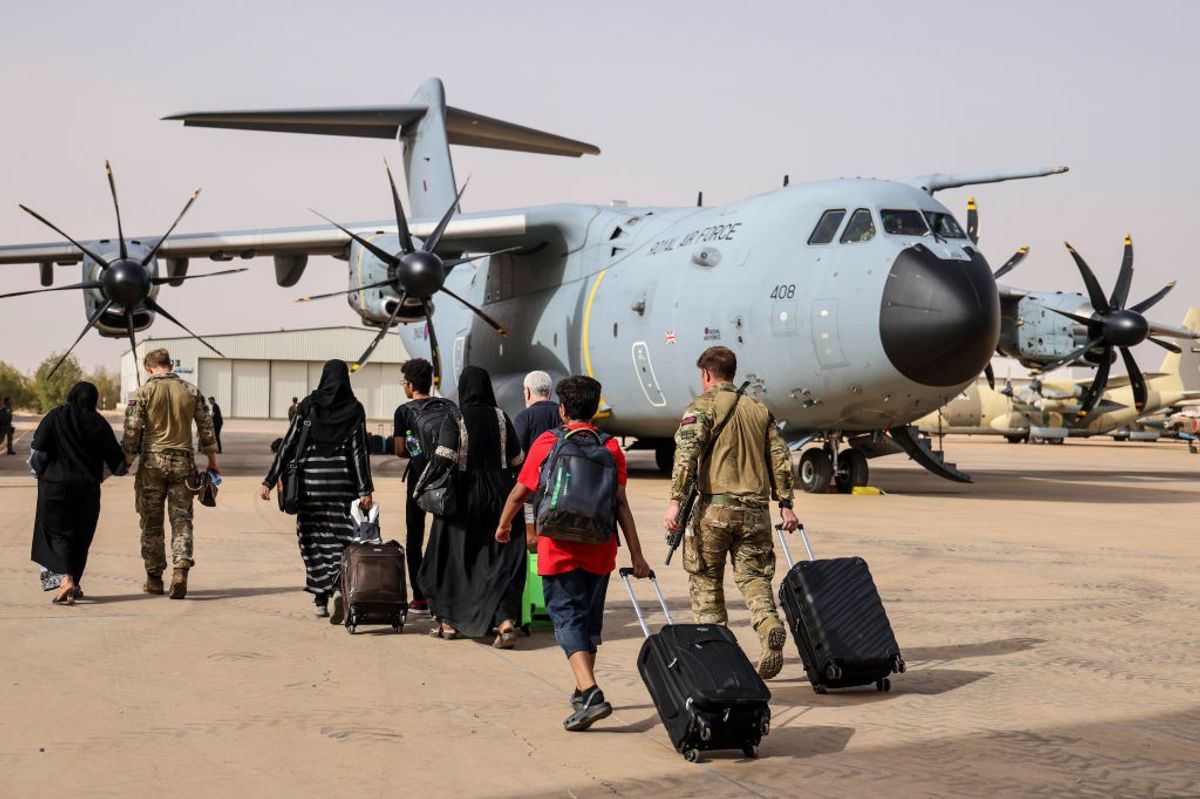Angolans head to the polls in less than a year’s time with the result a foregone conclusion. Angola’s People Movement for the Liberation of Angola (MPLA) – the party that has ruled the country since the country’s independence in 1975 – and its leader, President Jose Eduardo dos Santos, will be reelected. Yet Angola watchers know this election is different, as dos Santos has promised to serve only one year of his term, stepping down in 2018 and thus ending the reign of the second-longest serving African leader. Still, uncertainty lies ahead as with any major political transition. Angola is no exception. The country is fraught with risk as it navigates through tumultuous economic times. For Africa’s largest crude oil exporter, these risks will have repercussions for regional geopolitics as well as global crude prices.
A family affair
Over the past year, speculation in Angola’s capital Luanda has grown rife over who will succeed President dos Santos after he steps down. Political wrangling at the highest echelons of political and military institutions, including the state-owned oil company, Sonangol, has forced dos Santos to lay down the groundwork for a succession plan (intervening directly against his opponents within the MPLA and the opposition UNITA party). Against the wishes of many of his critics, dos Santos has elevated his children. His son, Jose “Zenu” Filomeno, is now the head of the country’s sovereign wealth fund, while his daughter, Isabel, is in charge of Sonangol. For dos Santos’ detractors, this is proof the president is looking to protect ruling-party interests and maintain Sonangol's pivotal role in the political patronage system.
The importance of Sonangol to Angolan politics should not be understated. Isabel was appointed earlier this year to oversee the restructuring of the company, yet her elevation to chairwoman underscores a more important trend, namely that the country’s largest revenue producing company should firmly remain in the family’s hands. Critics were quick to remember the fate of former Sonangol CEO and Vice-president Manuel Vincente, who many believed would eventually succeed dos Santos upon his nomination in 2012. Yet fearing Vincente’s growing stock, dos Santos ushered in senior military members to his cabinet, who have previously aligned against Vincente. Shaking up the cabinet has been frequently used by dos Santos to sideline adversaries, or in the case of Vincente, curb an ally’s growing power.
Despite cries of kleptocracy, MPLA leaders explain that the decision to appoint Isabel just made business sense; the 43-year old has been praised for her business acumen despite her relative inexperience in the energy industry. Isabel has mainly focused on investments in the banking and telecommunication sectors, making her the richest woman in Africa with a net-worth of over $3 billion. As chairwoman, Isabel was quick to make her mark, breaking up the national oil company (NOC) into three holding companies – upstream, midstream and downstream – while creating new spin-offs for oil services and financial investments. Isabel also formed a new hydrocarbon policy advisory high council which will directly report to the president. Dos Santos has ensured that the country’s oil patronage system remains intact while headed by a trusted confidante, his daughter. While the appointment of Isabel looks to be largely political despite MPLA objections, the reality remains that Isabel will have to deal with growing economic challenges.
New economic realities
Averaging more than 10 percent annual growth rates between 2001 and 2010, Angola has come a long way since the end of the brutal civil war that plagued the country from independence from Portugal in 1975 until 2002. Yet despite this impressive economic growth and more than 10,000 million barrels of proven oil reserves, Angola is witness to some of the worst poverty levels in southern Africa, with more than half of the country in abject poverty. As with many petro-states that lack the necessary institutions, Angola has long been gripped by the resource curse. Yet the economic growth of the past decade has been largely driven by the oil and gas sector – accounting for 45 percent of GDP and 95 percent of exports. The current downturn in oil prices, therefore, means a much different macroeconomic environment that is notably more challenging. This poses significant downside risks for the country’s stability and for the dos Santos family in maintaining their economic and political preponderance.
According to Sonangol's 2015 financial results, the company is facing a growing fiscal crisis that will have a significant impact on the country’s economic future. Sonangol profits are down 77 percent year on year in 2015, while export revenues dropped by 50 percent. The drop in revenues has meant a significant investment cut by the NOC, which saw capital expenditures reduced by more than $2 billion, impacting future production growth. Yet for all the efforts to cut costs and restructure the company, concerns are growing – especially over the company’s debt position.
Impending debt crisis
As the currency reaches new lows and inflation hits 35 percent, debtors hope the country can conclude negotiations in securing an Extended Fund Facility (EFF) from the IMF – reserved for countries facing serious medium-term balance of payments problems. Yet earlier this month, dos Santos replaced his finance minister, and Luanda insiders explain that the new Finance Minister, Archer Mangueira, is a staunch opponent of any IMF deal and supports dos Santos’ resistance to any unpopular structural reform that could weaken the MPLA ahead of next year’s polls.
A lack of liquidity has raised concerns over the country’s ability to plug a funding gab of over $8 billion and to repay foreign debts, where dollar-denominated debt reached 42 percent of GDP at the end of last year. Reports over the summer that Sonangol-debtors, led by a syndicate of European banks, are questioning the country’s credit worthiness suggest that Angola may have no choice but to seek external help. That assistance will likely come from China, which has historically come to Angola’s aid. However, Beijing has yet to pledge its assistance, leaving bondholders sweating.
In July, President dos Santos announced on national TV that the country may struggle to pay off its debt, the bulk of which is held by Sonangol (around $13 billion). With the country’s sovereign debt facing the prospect of more rating downgrades, plunging the country’s credit worthiness deeper into junk status, the economic outlook will remain firmly negative.













